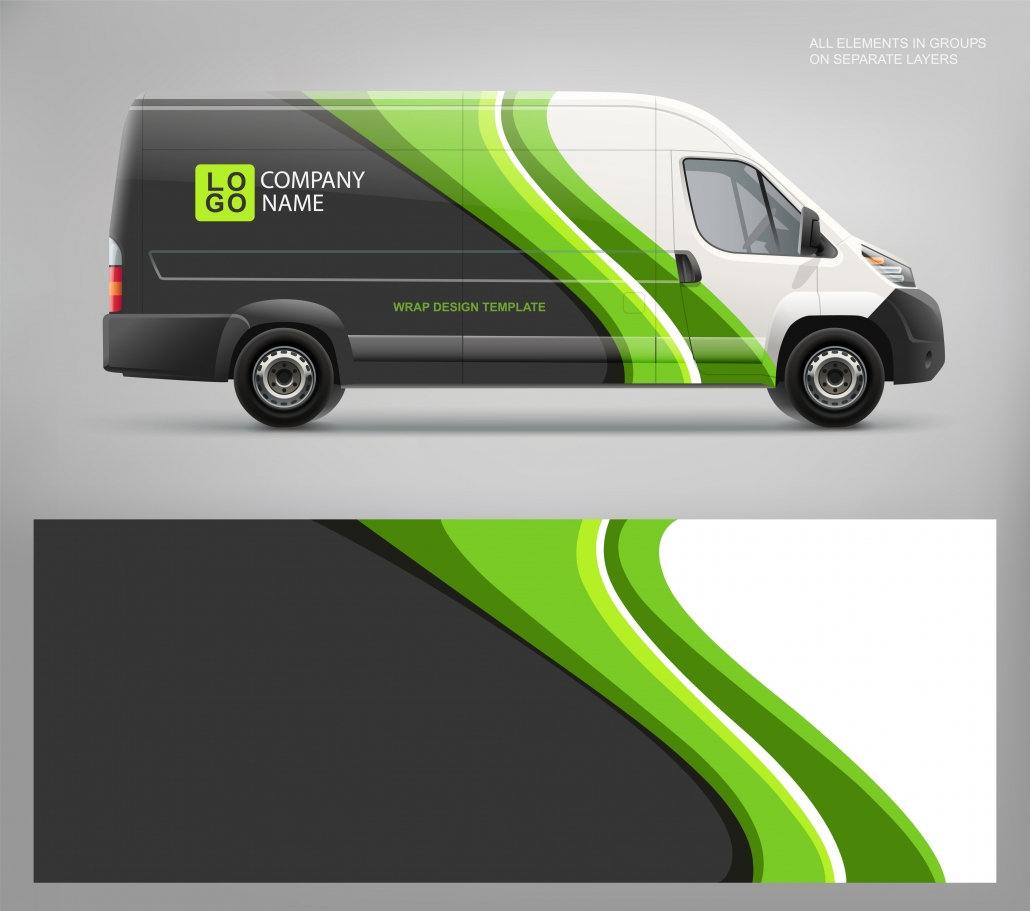Getting A Vehicle For Your Handyman Business? 4 Things To Consider
Getting A Vehicle For Your Handyman Business? 4 Things To Consider
As a handyman, you have many repair skills to address building and equipment issues. There’s a high likelihood you aren’t fixated on the office. You’re always on the move to attend to your customers’ needs, wherever they are.
With all the movement, one resource is quite essential; a company vehicle. It’ll make it easier to meet your customers’ needs without delays.
Getting a business vehicle as a handyman might seem daunting, but it isn’t the case. How do you find and settle for the right vehicle for your business?
Here are a few things to consider:
1. Finances
Your finances determine whether or not you’ll acquire the business vehicle. How much does your business savings account have? Is it enough to get you a vehicle? If not, worry not. There are flexible van loans and leasing for tradespeople you can apply for to get financial assistance.
How much will you borrow or raise as capital?
It all goes down to the vehicle’s short- and long-term costs. The short-term costs touch on the buying price and taxes. Long-term costs cover insurance, maintenance, and fuel consumption. Understanding and quantifying each of these is essential before heading to the sales shop. Doing so ensures you have enough money to buy and use the vehicle, even as it generates income over time.
Where you’re using a loan to finance the car, consider business loan interest rates for vehicles. It’d help to scout for business loans with low-interest rates to avoid spending a fortune on the purchase. It should be something you can manage to pay without strain.
2. Your needs

Vehicles have different features, each best suited for particular needs and uses. Based on this, it’s crucial to identify and understand your needs.
The question to ask is, how will you use your vehicle?
Will you store your tools there and use it as a mobile office? How many workers will be attending to a client at a go? Will you be transporting any large materials or pieces of equipment with you?
In this case, you’ll need a vehicle you can customize to add storage compartments for your tools. It should also have enough seats to accommodate your workers as you reach clients. Where you transport many large pieces of equipment, the vehicle should be big enough to hold these.
These are the questions to ask to ensure your chosen company vehicle meets all your needs.
3. New vs used
With car acquisition, you can buy a new or a used one. The same options are available for your business vehicle, depending on its condition.
Your business finances should be the number one factor guiding the choice of a new vs. used vehicle. A new vehicle is relatively more expensive compared to a used one. Therefore, if you have enough money, acquire a new vehicle. In contrast, opt for a used one if you have limited funds.
It’s best to be wary when acquiring a used vehicle. They are often not in pristine condition since they had previous owners. It’d help to find out about the car’s history. The main aspects to focus on are the number of repairs, replacements, accidents, and servicing.
A vehicle with several repairs might not be the best choice for your business. You’ll likely always be at the mechanic for repairs, an addition to your expenses. It’d help to have a mechanic inspect the vehicle before purchasing. They’ll give you insight into whether or not buying the used car will be a viable choice.
4. The brand
There are many car manufacturers in the automotive industry. The difference among the brands arises in the production process and the features they add to their vehicles. The production process depicts the quality of your final product.
How do you gauge the quality of a given vehicle brand?
Does the brand offer a warranty? A manufacturer that provides a warranty means they believe in the quality of their work. Should this not be the case, they’ll cater to any damages due to their poor quality. Most brands will offer a three-year warranty. However, warranty periods differ, depending on the brand. The more years of warranty a brand gives, the better.
It’d help to research the best vehicle brands for business purposes. A general Google search will provide this information. Place your focus on reviews by other handypersons who’ve invested in company vehicles. Consider creating a list of your top ten brands. Narrow down the list by looking at the reputation of each. Any bad review, especially on performance, should remove a brand from your list.
Choose a brand whose reputation is unquestionable at any given time. The focus should be on perfection to ensure you efficiently meet your clients’ repair needs.
Conclusion
Getting a vehicle for your handyman business is relatively easy with the right tips at your fingertips. You want to invest in a car that’ll serve your business for a long time with minimal maintenance needs. It’s one of the ways to ensure you get value for your money. The discussion above has guided you in ensuring you get the right vehicle for your business. It’s in your interest to adopt the tips herein. The search process becomes more accessible and more manageable.




